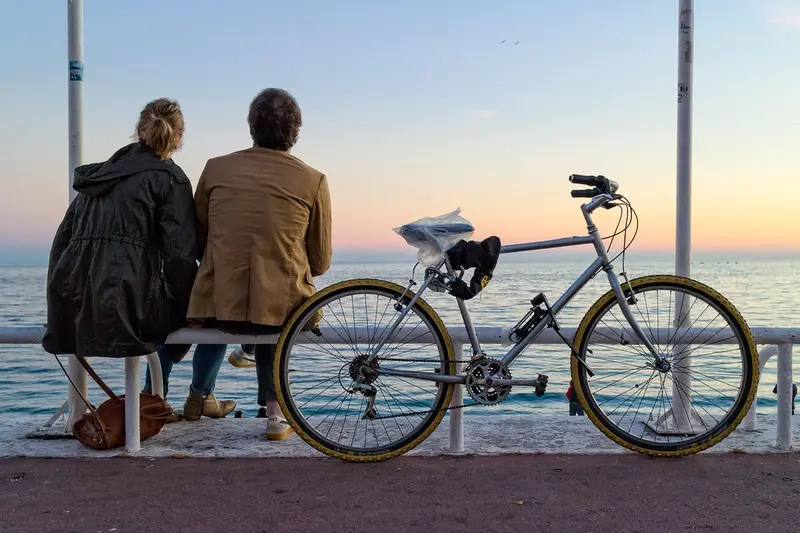For those looking to extend their time on this planet, scientists offer a variety of strategies: maintain social connections, drink , stay active, avoid , get plenty of sleep, and eat .
Meanwhile, researchers from Ohio State University have uncovered another pathway to longevity: living closer to the ocean.
How did the researchers find this out?
The university team analyzed census data from 66,263 individuals, examining the relationship between their life expectancy and their proximity to bodies of water.
The results, while not entirely surprising, confirmed previous studies that highlighted the positive impact of so-called blue spaces on health. For instance, last year, scientists from Fujian Medical University in China found that residents of coastal areas were less likely to experience age-related cognitive decline.
However, the current focus was specifically on life expectancy near the , as reported by Science Alert.
The analysis revealed that living near the coast is associated with a longer life. However, this effect was not observed in urban areas with internal blue spaces, such as lakes or rivers, where residents did not live longer.

“Residents of coastal areas can expect to live a year or more beyond the average lifespan of 79 years, while those in urban areas with internal rivers and lakes are likely to live an average of 78 years,” said lead study author Jiangyun Wu.
The study authors also highlighted the differences between rural and urban areas with internal water bodies. Living near these in rural settings also increases life expectancy, though not as significantly as living by the ocean.
In other words, any health and longevity benefits from being near blue spaces may be offset by the downsides of urban living. This is a question that researchers plan to explore further in the future.
Unfortunately, the study did not establish a direct cause-and-effect relationship between living by the sea and longer life.
So what could be behind this?
Researchers proposed several theories that might help explain this connection. Coastal areas experience fewer extremely hot or cold days, is better, and there are more recreational opportunities compared to cities with internal blue spaces. Coastal real estate is generally more expensive, so the increase in social status associated with such housing likely plays a significant role as well.
“We thought any blue space could have a beneficial effect, and we were surprised to find such a significant and clear difference between those living near the ocean and those living near internal water bodies,” Mr. Wu noted.
The study’s findings were published in the journal Environmental Research.
Photo: pixabay.com

